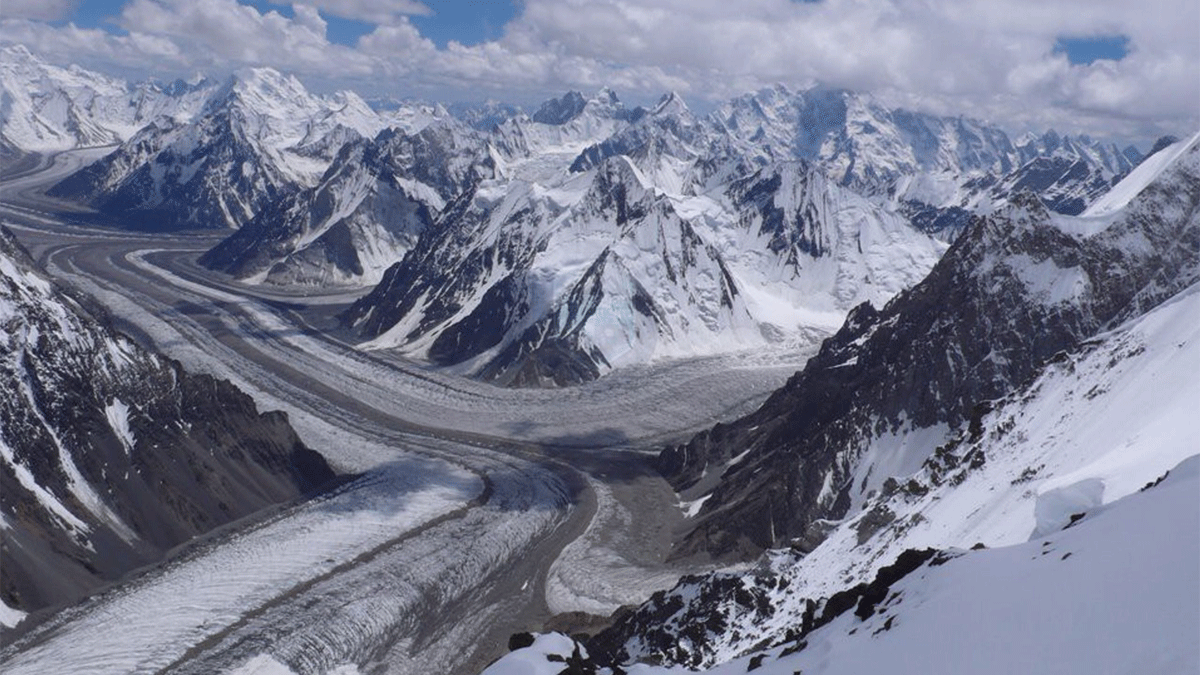Pakistan is home to over 7,000 glaciers, more than anywhere else on Earth outside the poles and the increasing worldwide temperatures along with climate change have become the reasons for the rapid melting of glaciers, making thousands of glacial lakes.
A Pakistani mountain village- Javed Rahi had been shattered by a torrent of water rushing down from the melting glaciers nearby, followed by a dense thick cloud of smoke.
According to the news, a retired maths teacher- Rahi had come to attend his nephew’s wedding the day the flood eroded the village of Hassanabad.
“I expected women and children to sing and dance… Instead, I heard them screaming in terror,” the 67-year-old Rahi said.
“It was like doomsday.”
The cruel flood –- which came as a heatwave was gripping South Asia in May –- carried away nine homes in the village and caused huge damage to half a dozen more.
Read more: Five man-made artificial glaciers set up in Gilgit-Baltistan
The water also swept away two small hydro plants and a bridge that linked the remote community to the outside world.
In this regard, the government has notified that 33 of these lakes -– all sited in the beautiful Himalayas, the Hindu Kush, and Karakoram mountain ranges that interconnect in Pakistan –- are at risk of bursting and releasing millions of cubic meters of water and debris within just a few hours, like in Hassanabad.
Almost sixteen such glacial lake outburst floods connected to heatwaves have occurred this year already, as compared to an average of five or six yearly, as per the news reports earlier this week.
Moreover, the destruction caused by glaciers melting that occurred due to such floods makes recovery for affected communities an arduous task.
After the disaster smashed Hassanabad, Rahi along with the fellow villagers who lost their homes had to move to a neighboring camp for displaced people.
Inside their makeshift tents, according to the news, are some belongings they managed to rescue and mattresses to sleep on.
“We never thought we would fall from riches to rags,” Rahi added.
As per the Global Climate Risk Index collected by the environmental NGO Germanwatch, Pakistan is the eighth most vulnerable country in the world to extreme weather due to climate change.
This year, the country is facing earlier, hotter, and more frequent heatwaves, with temperatures already hitting 50 degrees Celsius (122 Fahrenheit).





















